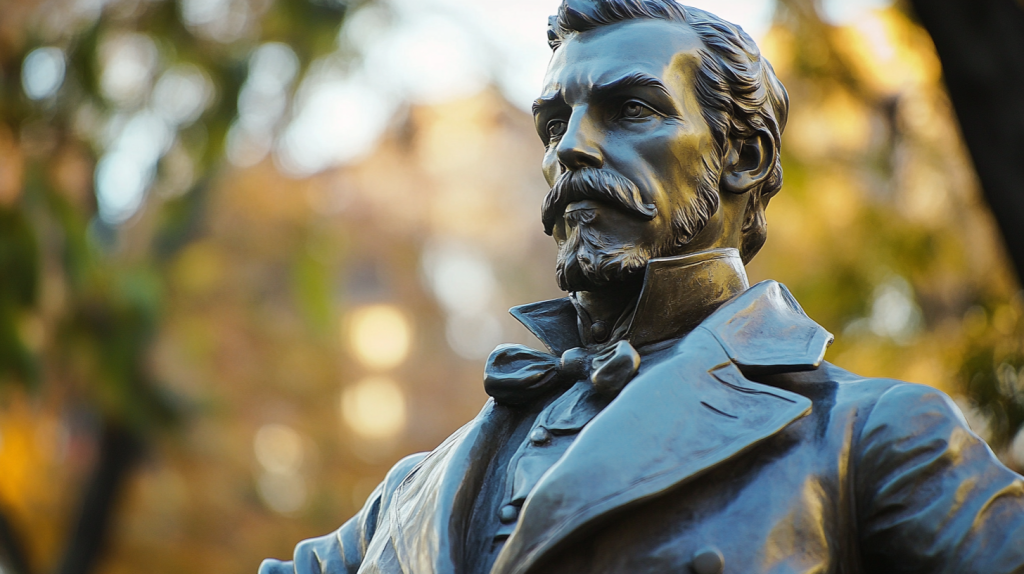Discover the extraordinary life of Captain Sir Richard Francis Burton, a man of unparalleled adventure, exploration, and scholarship. From his incredible linguistic abilities to his daring expeditions, Burton’s legacy continues to captivate and inspire people around the world.
A Polyglot of Extraordinary Talent
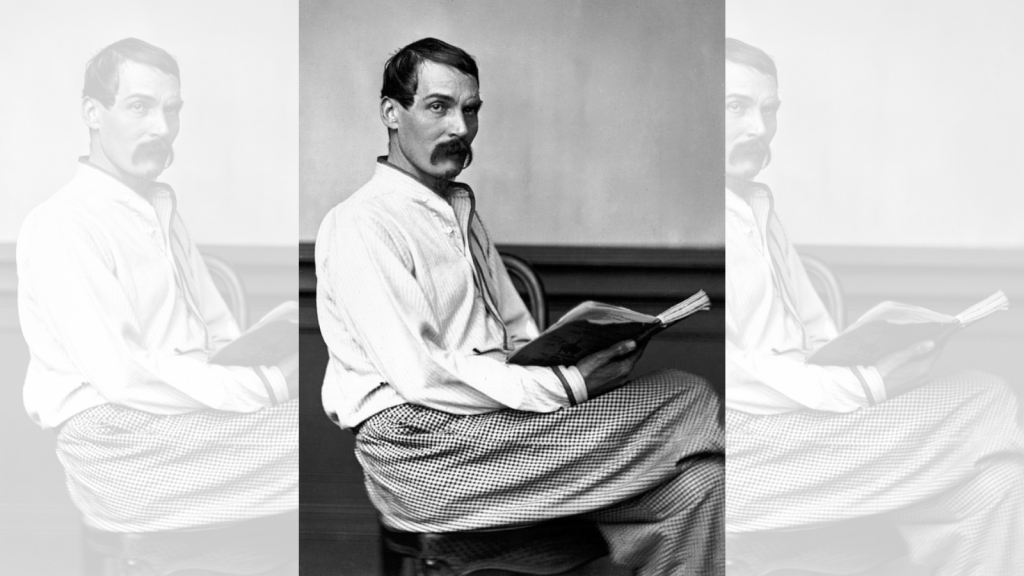
Richard Francis Burton was a master of languages, fluent in at least 25 tongues and dialects. His linguistic abilities allowed him to immerse himself in the cultures he explored, gaining unique insights and understanding that set him apart from other explorers of his time.
The First European to Enter Mecca

In 1853, Burton disguised himself as a Muslim pilgrim and became the first European to enter the holy city of Mecca. His daring exploit required extensive preparation, including learning Arabic and Islamic customs, and risked severe punishment if discovered.
Translator of “The Arabian Nights”
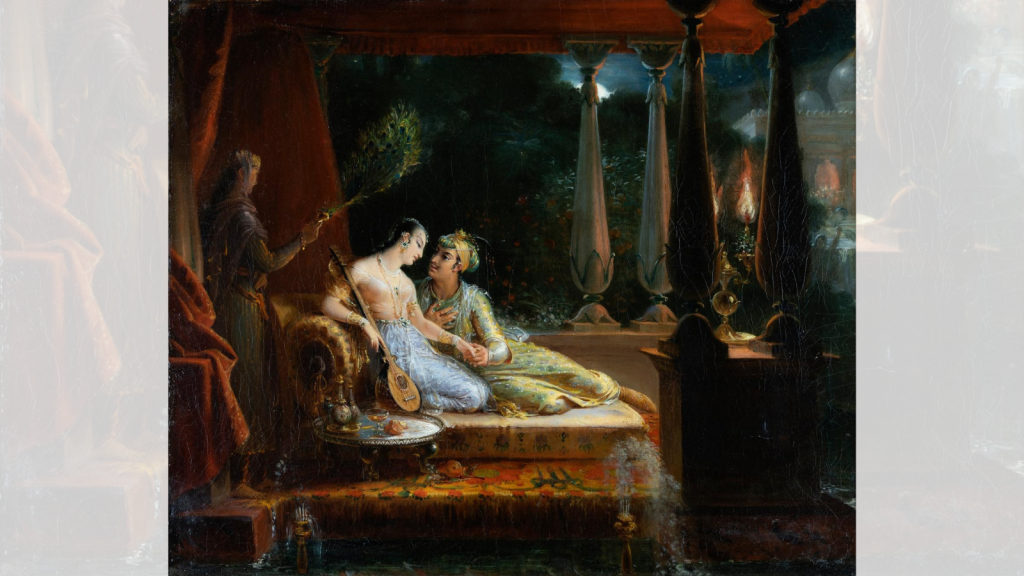
Burton’s translation of “The Arabian Nights” introduced the classic tales to the English-speaking world. His work, which included previously omitted erotic passages, was considered controversial but ultimately celebrated for its richness and authenticity.
Explorer of the African Great Lakes
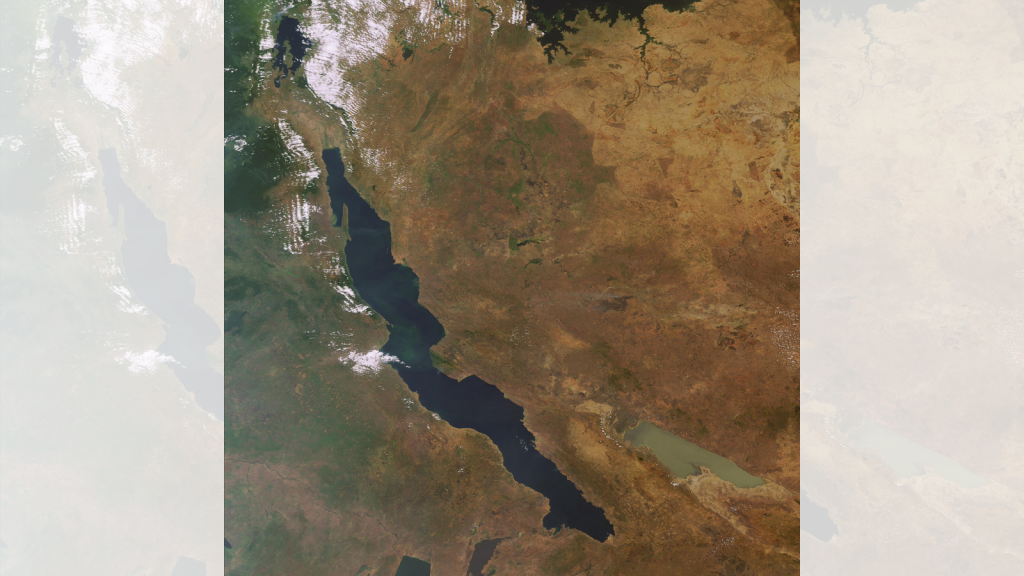
In 1857, Burton and John Hanning Speke embarked on an expedition to find the source of the Nile. While they didn’t reach the river’s origin, they became the first Europeans to witness Lake Tanganyika and Lake Victoria, making significant contributions to the geographical knowledge of the region.
A Prolific Writer and Scholar
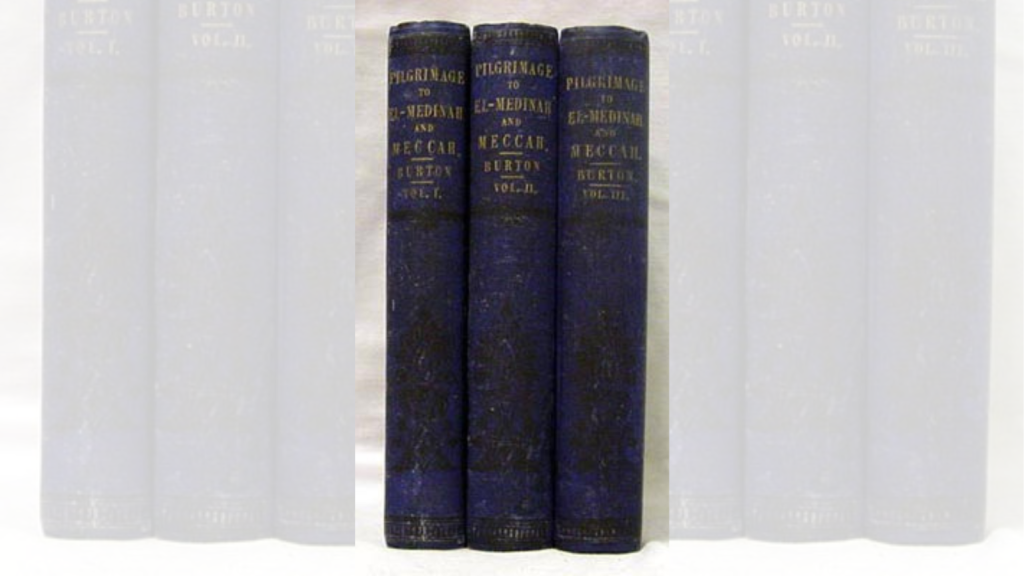
Throughout his life, Burton authored over 40 books and countless articles on a wide range of subjects, including travel, anthropology, linguistics, and ethnography. His works offered unprecedented insights into the cultures and societies he encountered during his journeys.
Accomplished Swordsman and Soldier

Burton’s military career included service in India, where he honed his skills as a swordsman. He even penned a book on swordsmanship, demonstrating his expertise in the art of fencing.
Survived a Javelin Through the Face
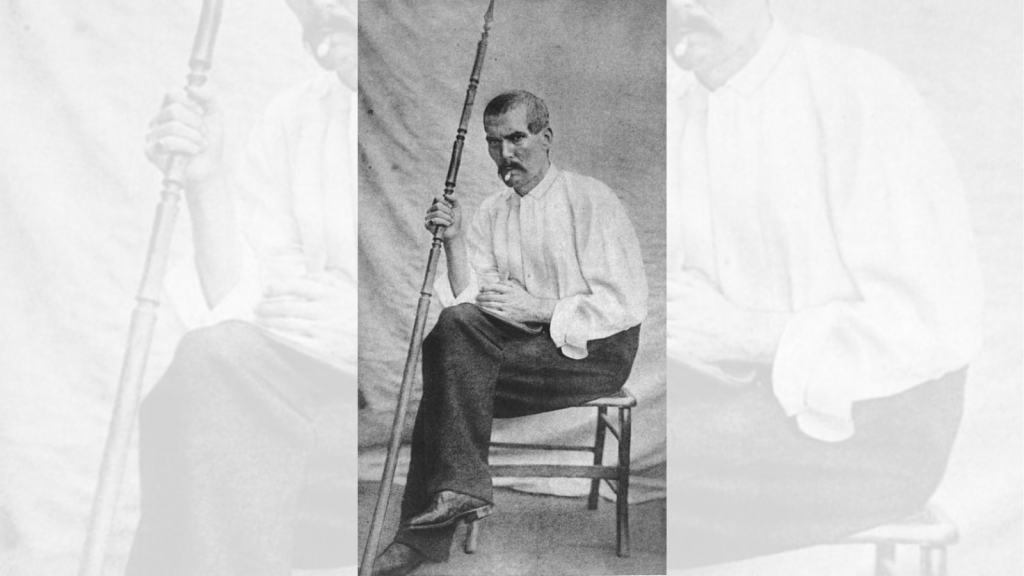
During an expedition to Somaliland in 1855, Burton was attacked by Somali warriors. He survived a javelin piercing through his face, leaving a distinctive scar on his left cheek that he bore for the rest of his life.
Discovered the Kama Sutra for the Western World
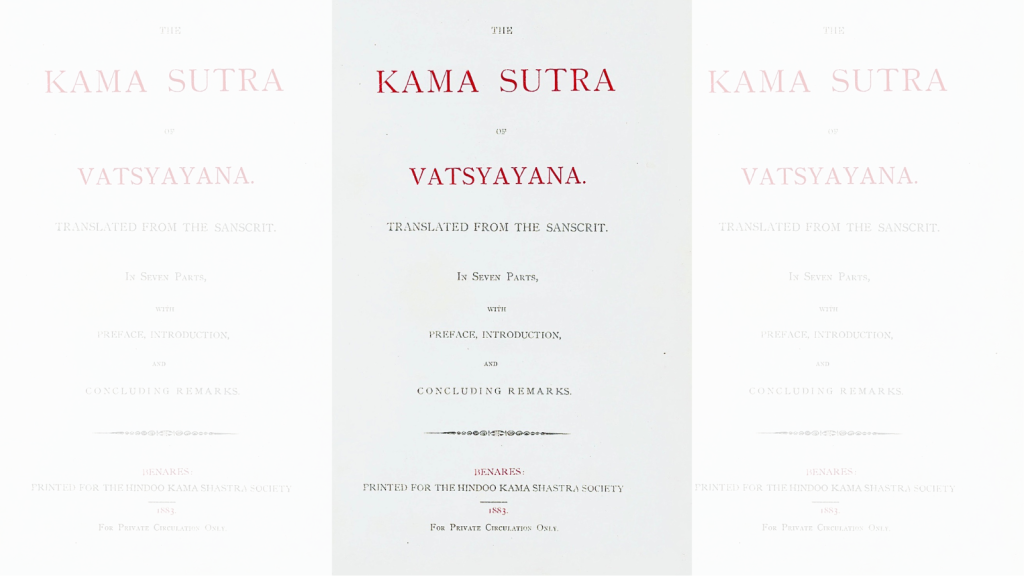
Burton’s translation of the Kama Sutra exposed Western readers to the ancient Indian text on love and sexuality. Despite the controversy surrounding its publication, the book became a classic and cemented Burton’s reputation as a fearless scholar.
A Spy for the British Empire

In addition to his explorations, Burton served as a spy for the British Empire. His intelligence-gathering missions took him to various parts of the world, including India, the Middle East, and North America.
The First European to Visit the Great Salt Lake
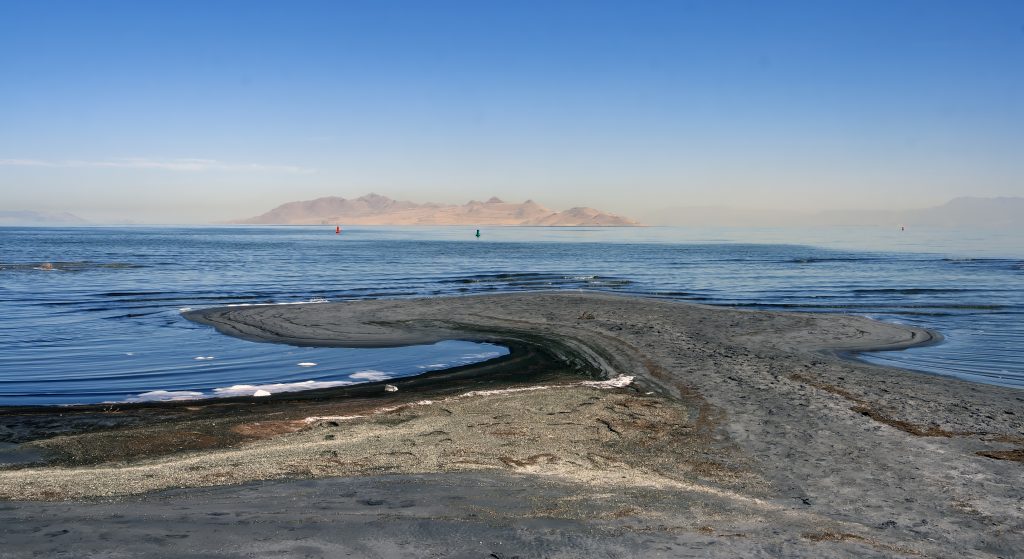
In 1860, Burton became the first European to visit the Great Salt Lake in Utah. His account of the journey, “The City of the Saints,” provided valuable insights into the Mormon community and the American West.
Pioneered the Study of Ethnography

Burton’s keen observations and meticulous documentation of the cultures he encountered laid the foundation for the modern study of ethnography. His works remain valuable resources for anthropologists and historians today.
Spoke Over 40 Languages and Dialects
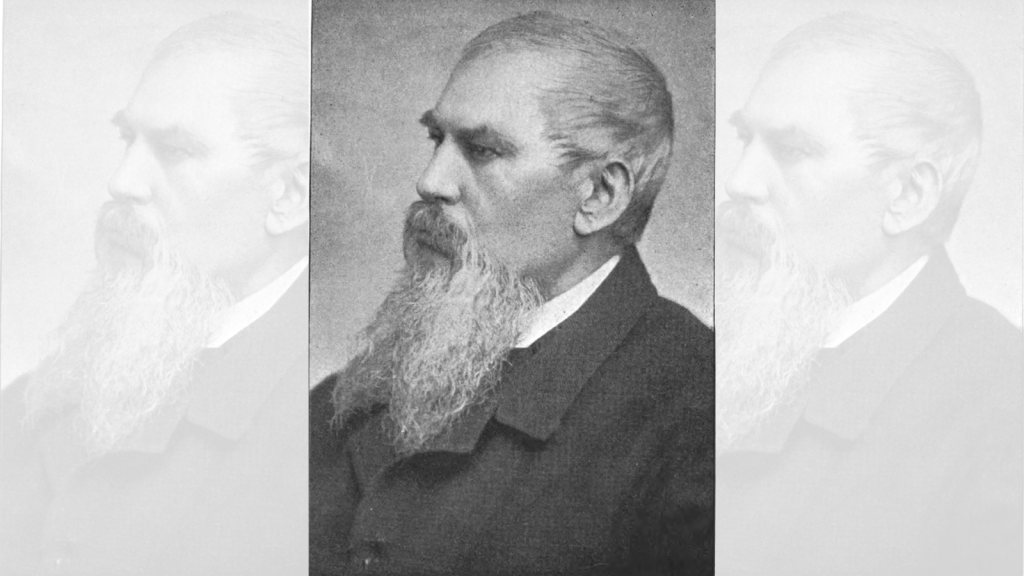
By the end of his life, Burton had mastered an astonishing 40 languages and dialects. His linguistic prowess was unmatched among his contemporaries and allowed him to communicate with people from all walks of life during his travels.
Explored the American West
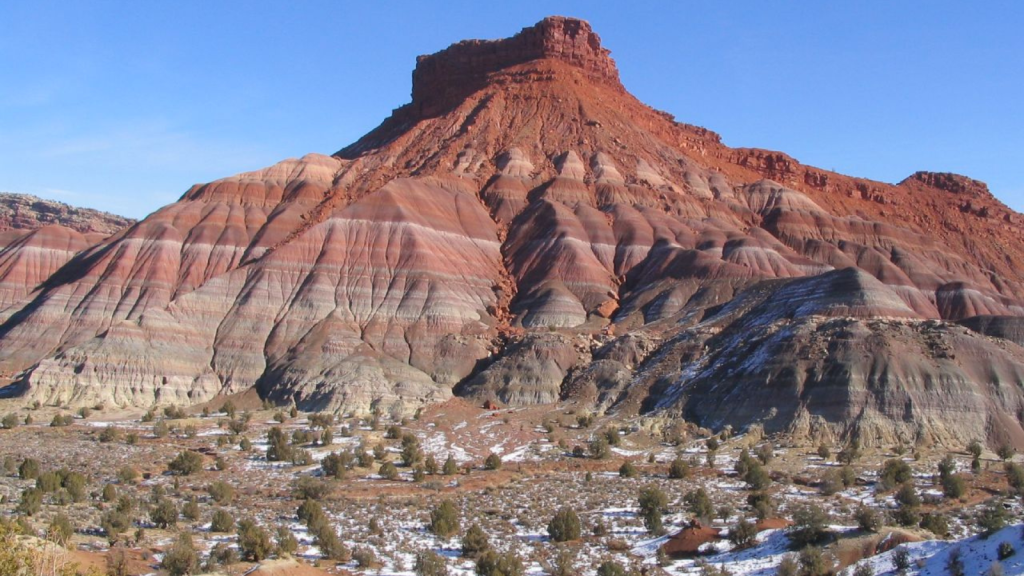
In addition to his expeditions in Africa and Asia, Burton also traveled extensively in the American West. He visited the gold fields of California, the Mormon settlements in Utah, and the Native American tribes of the Great Plains.
Knighted by Queen Victoria
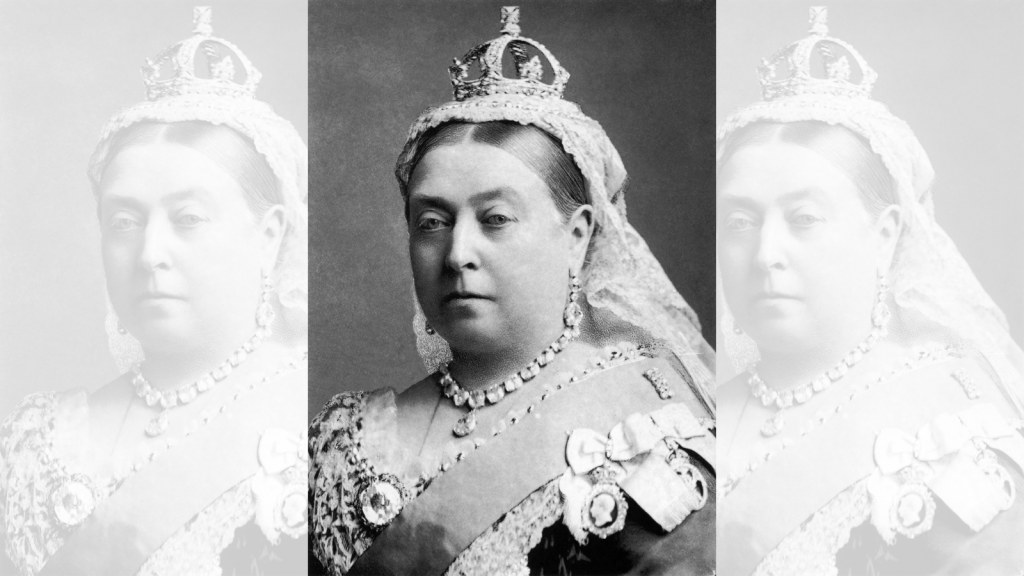
In recognition of his contributions to exploration, literature, and scholarship, Burton was knighted by Queen Victoria in 1886. The honor was a testament to his remarkable achievements and the lasting impact of his work.
Married Isabel Arundell in a Secret Ceremony
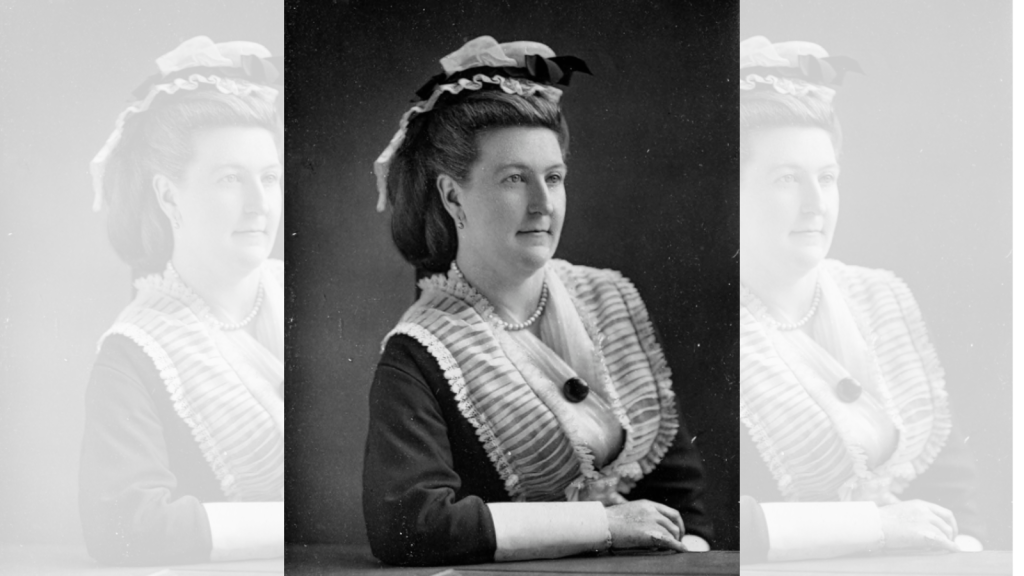
Burton’s marriage to Isabel Arundell in 1861 was a secret ceremony, as her family disapproved of the union. Despite the opposition, their marriage lasted until Burton’s death and was characterized by a deep devotion to one another.
Witnessed the Eruption of Kilauea

During a visit to Hawaii in 1874, Burton witnessed the awe-inspiring eruption of the Kilauea volcano. His vivid descriptions of the event captured the raw power and beauty of one of Earth’s most incredible natural wonders.
A Complex and Controversial Figure
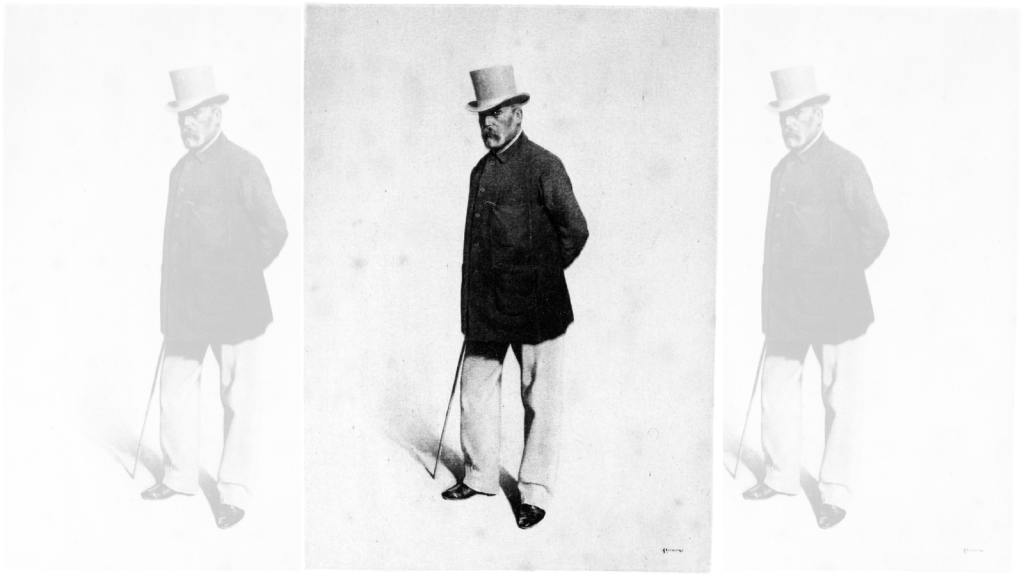
While Burton’s achievements were remarkable, he was also a complex and controversial figure. His outspoken nature, unconventional beliefs, and sometimes shocking writings often put him at odds with Victorian society.
Buried in an Elaborate Tent-Shaped Tomb
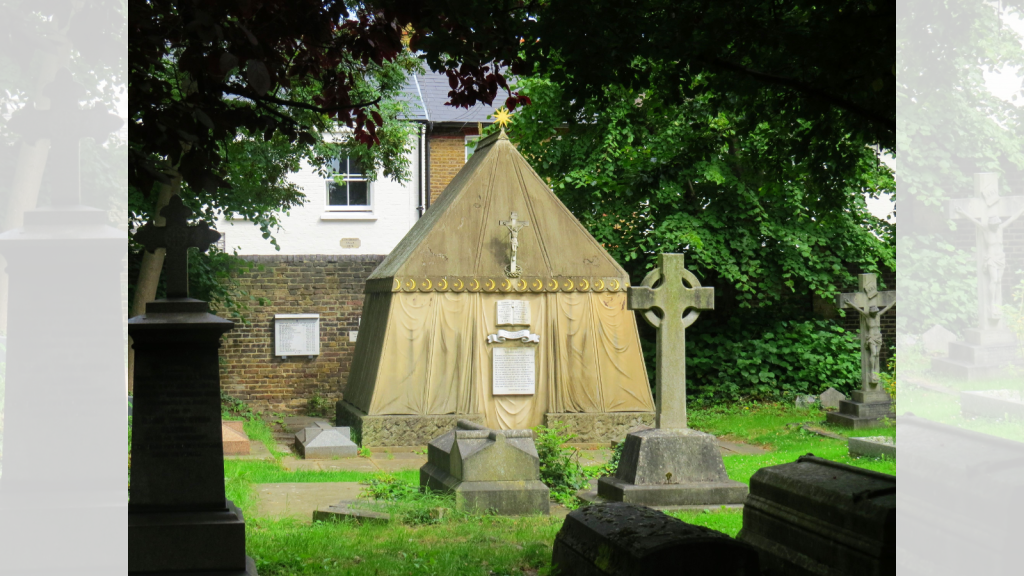
After his death in 1890, Burton was buried in an elaborate tomb shaped like a Bedouin tent. The unique monument, designed by his wife Isabel, serves as a fitting tribute to a man who lived a life of adventure and discovery.
Continues to Inspire Generations

More than a century after his death, Richard Francis Burton’s legacy continues to inspire generations of adventurers, scholars, and curious minds. His life stands as a testament to the power of curiosity, courage, and the indomitable human spirit.
A True Renaissance Man
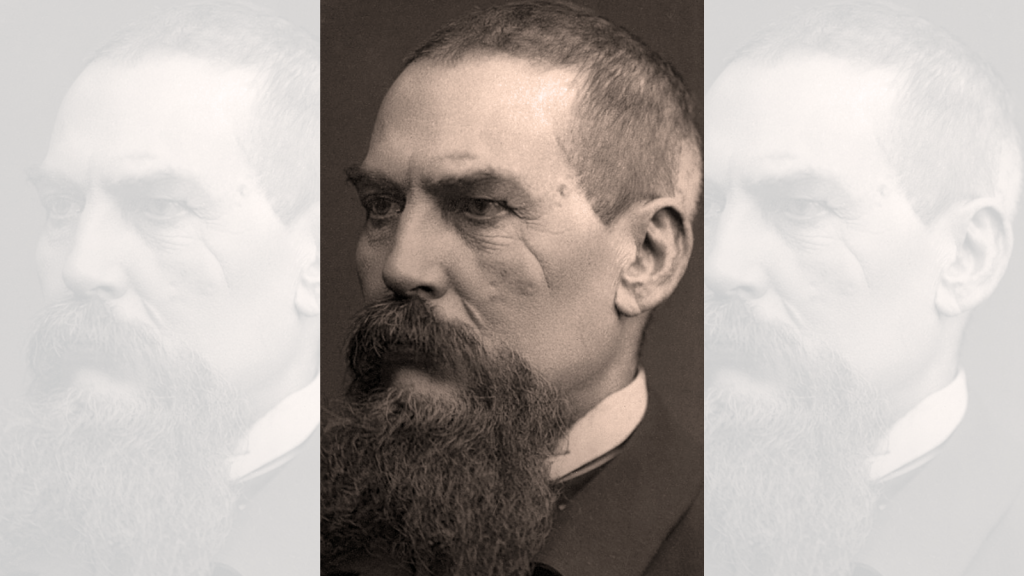
With his multifaceted talents and insatiable thirst for knowledge, Richard Francis Burton embodied the spirit of a true Renaissance man. His contributions to literature, science, and exploration have left an indelible mark on our understanding of the world and our place in it.
Ellen has been obsessed with logic puzzles, jigsaws, and cryptograms since she was a kid. After learning she was taught how to play chess wrong by a family friend (so they could win), she joined her school chess club and the rest is history.
